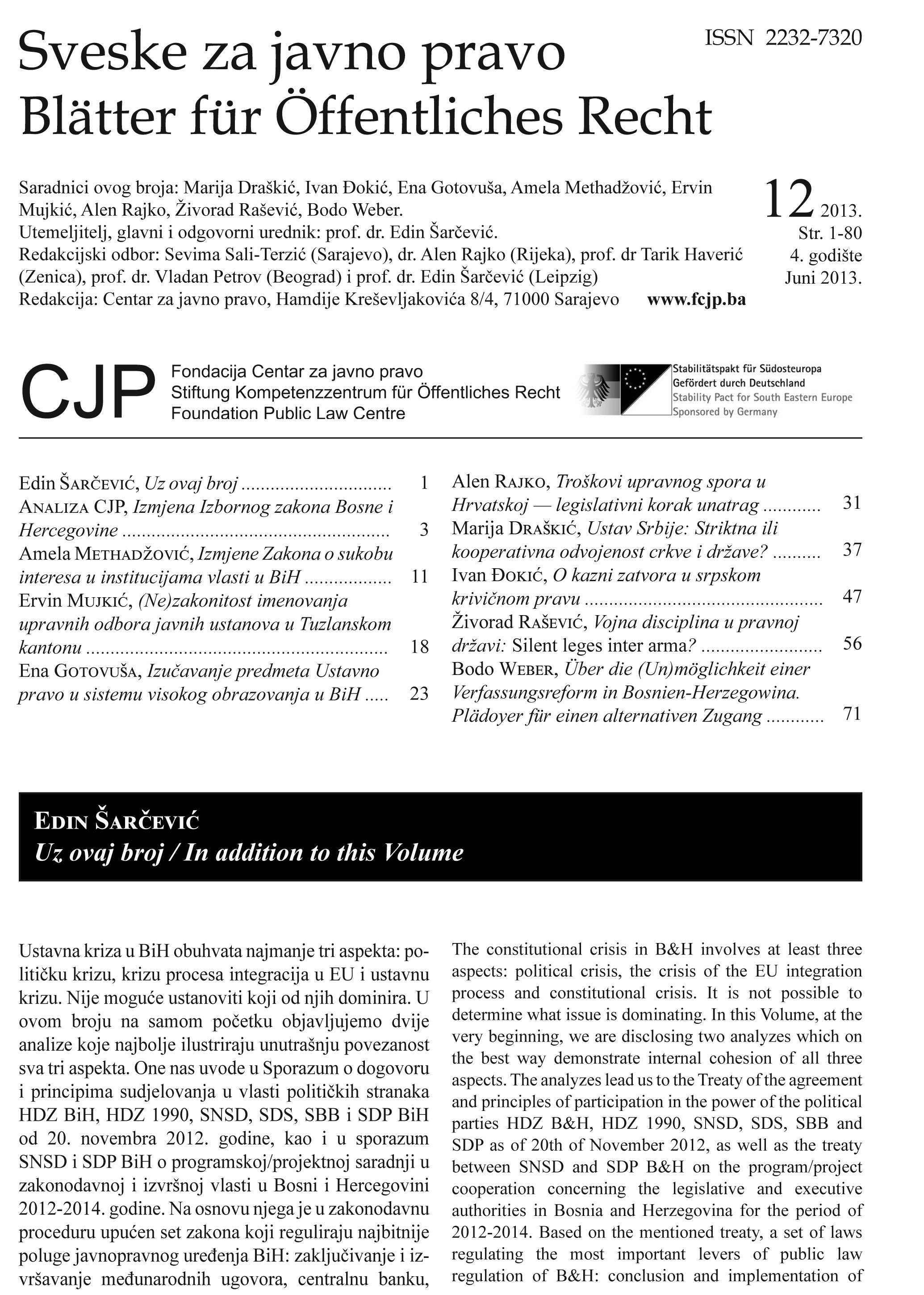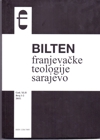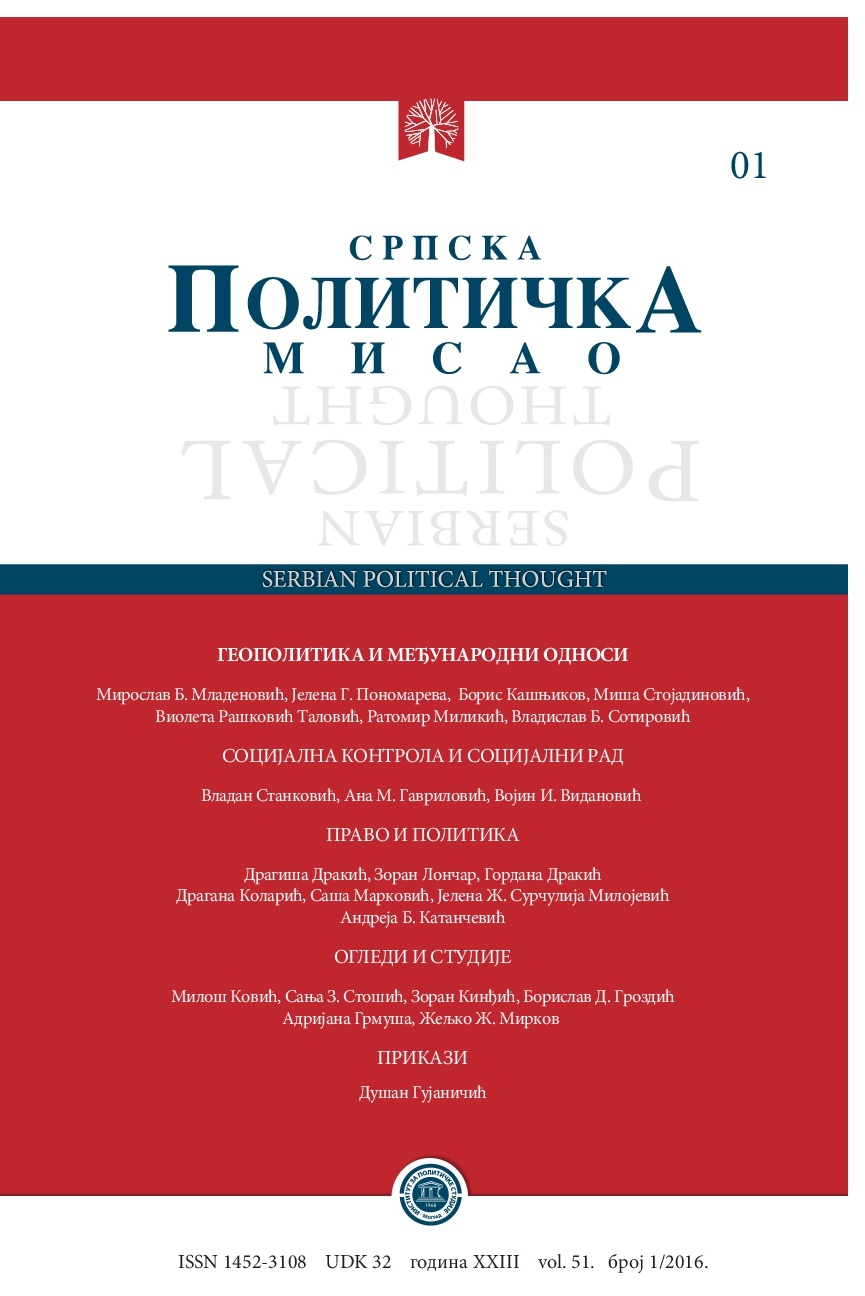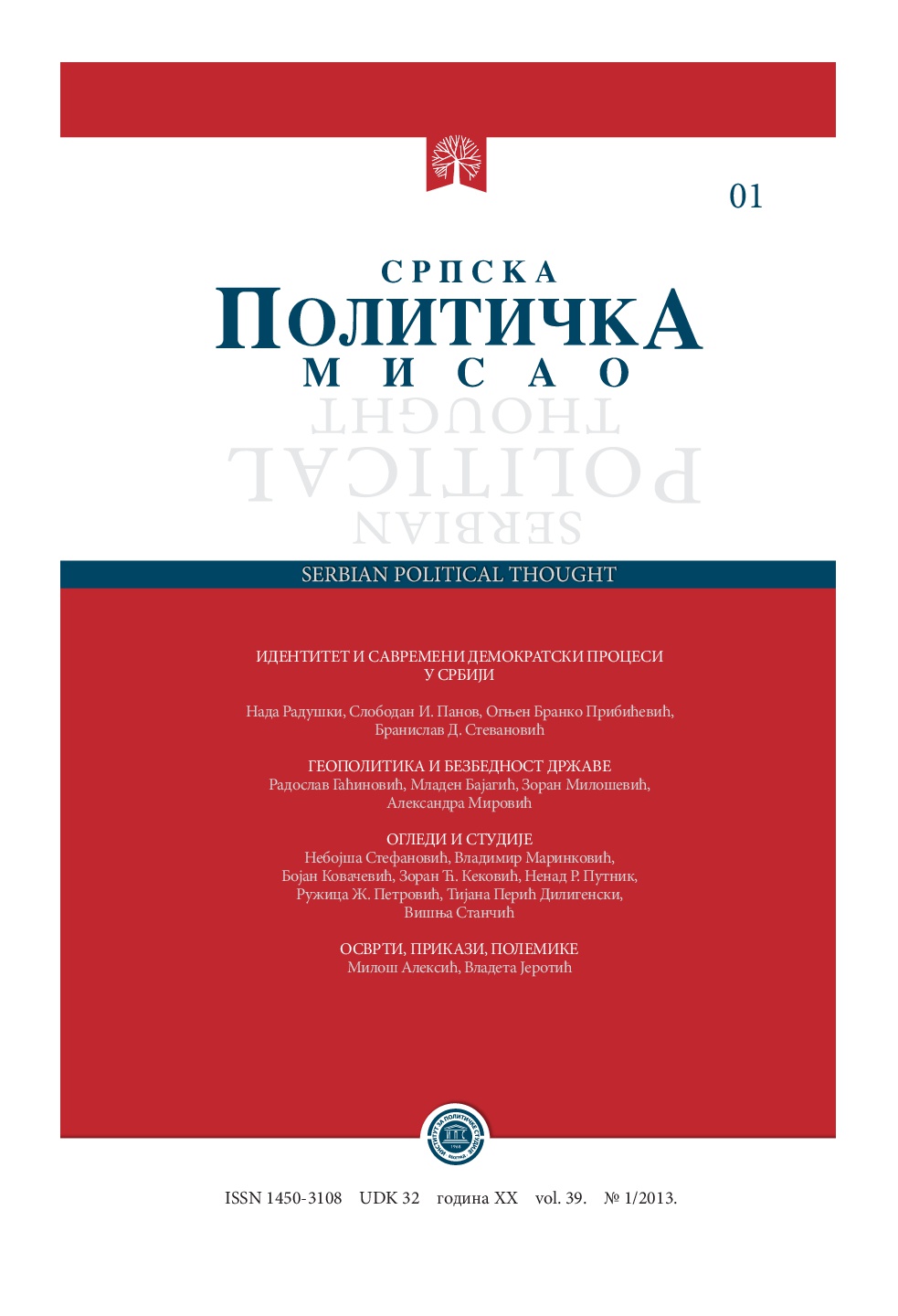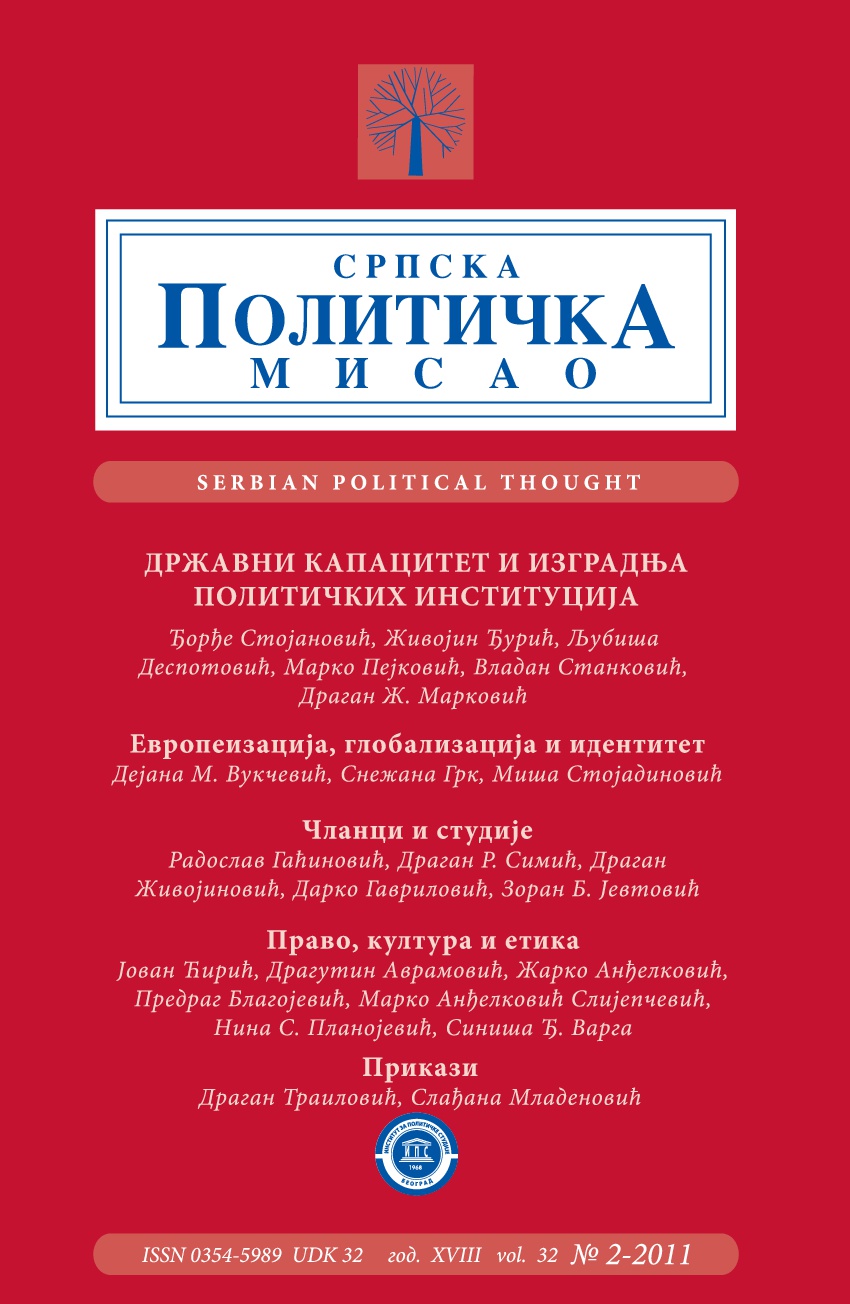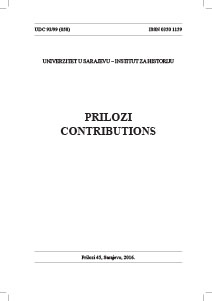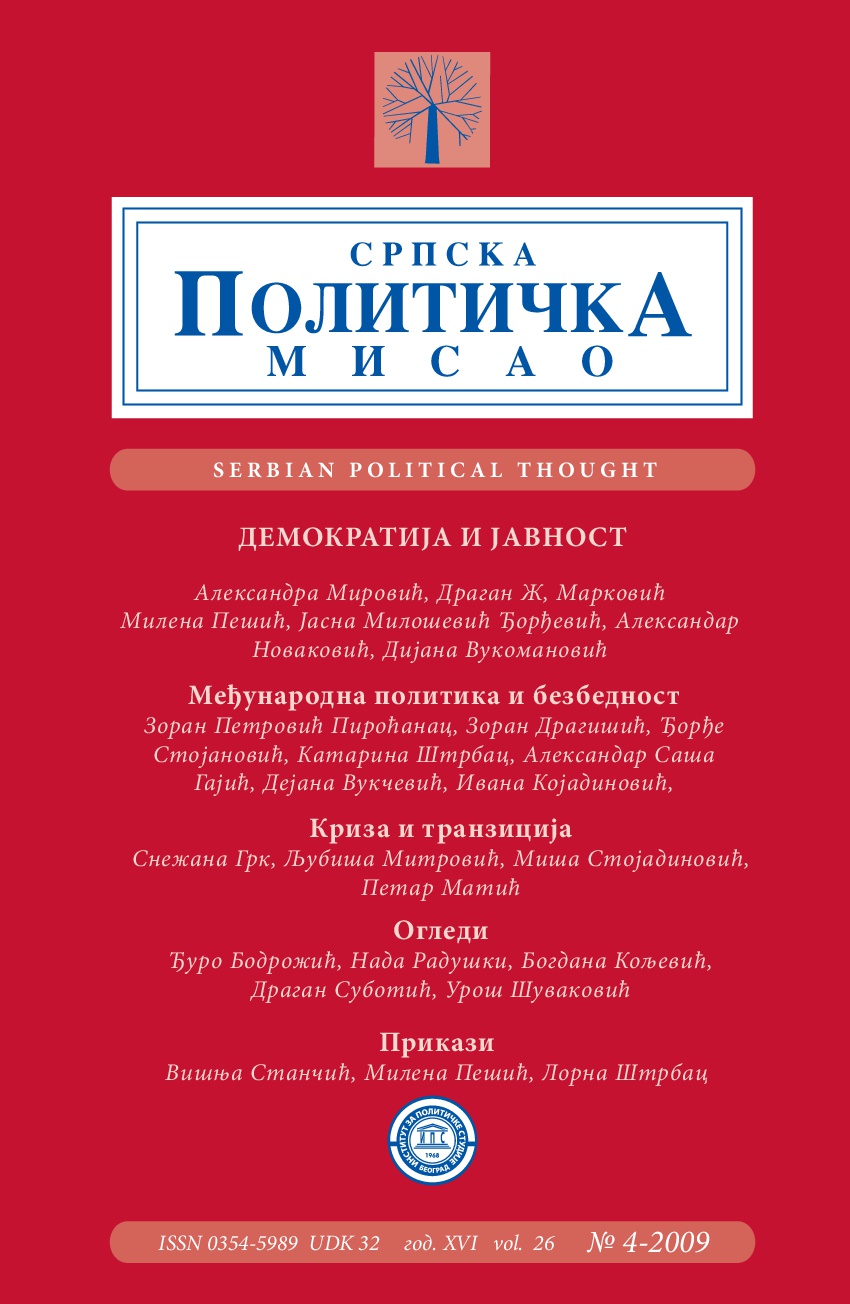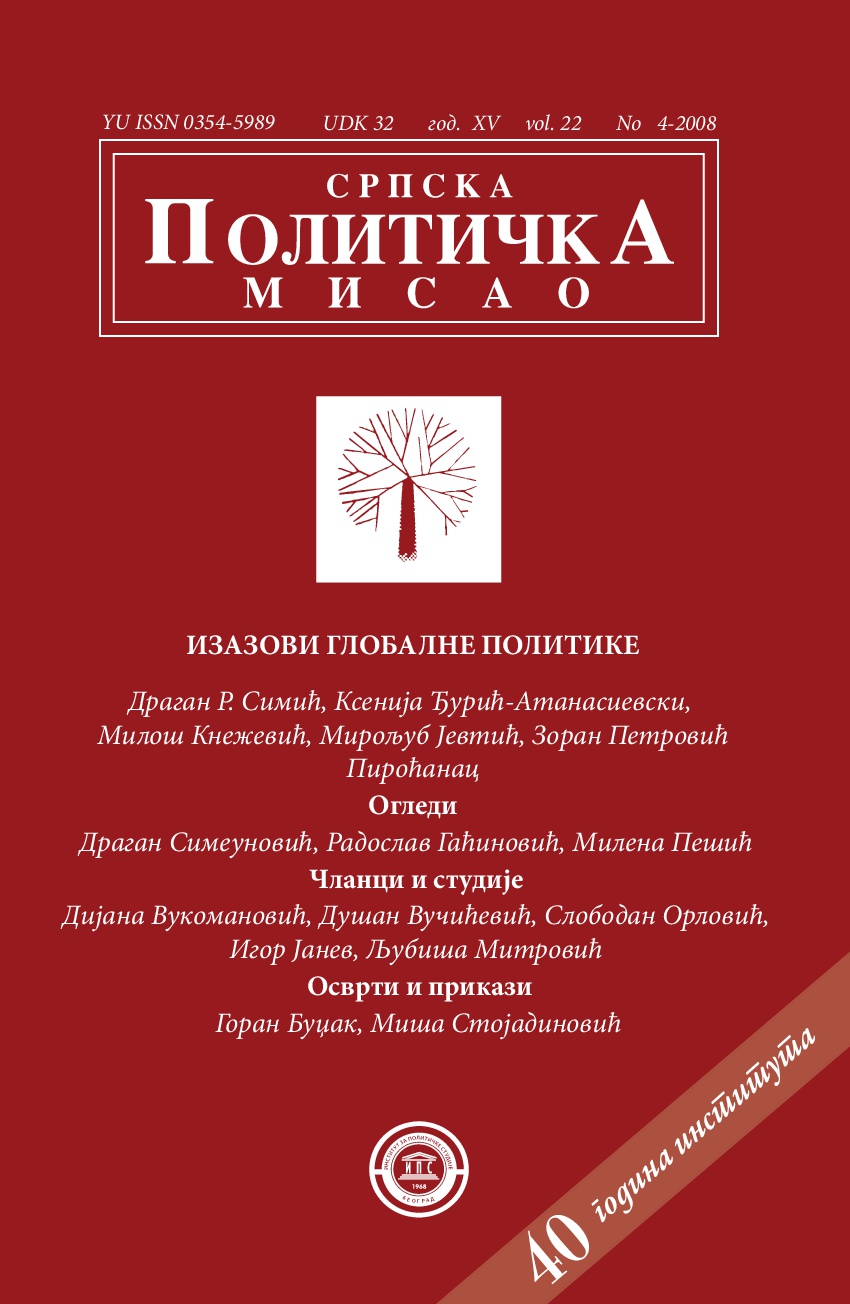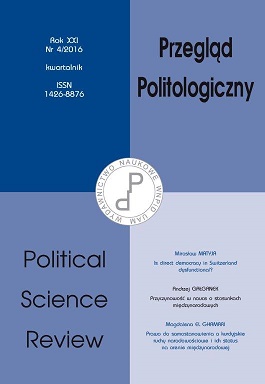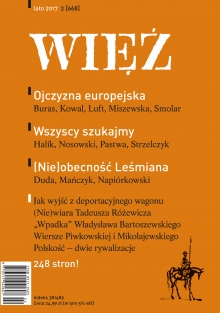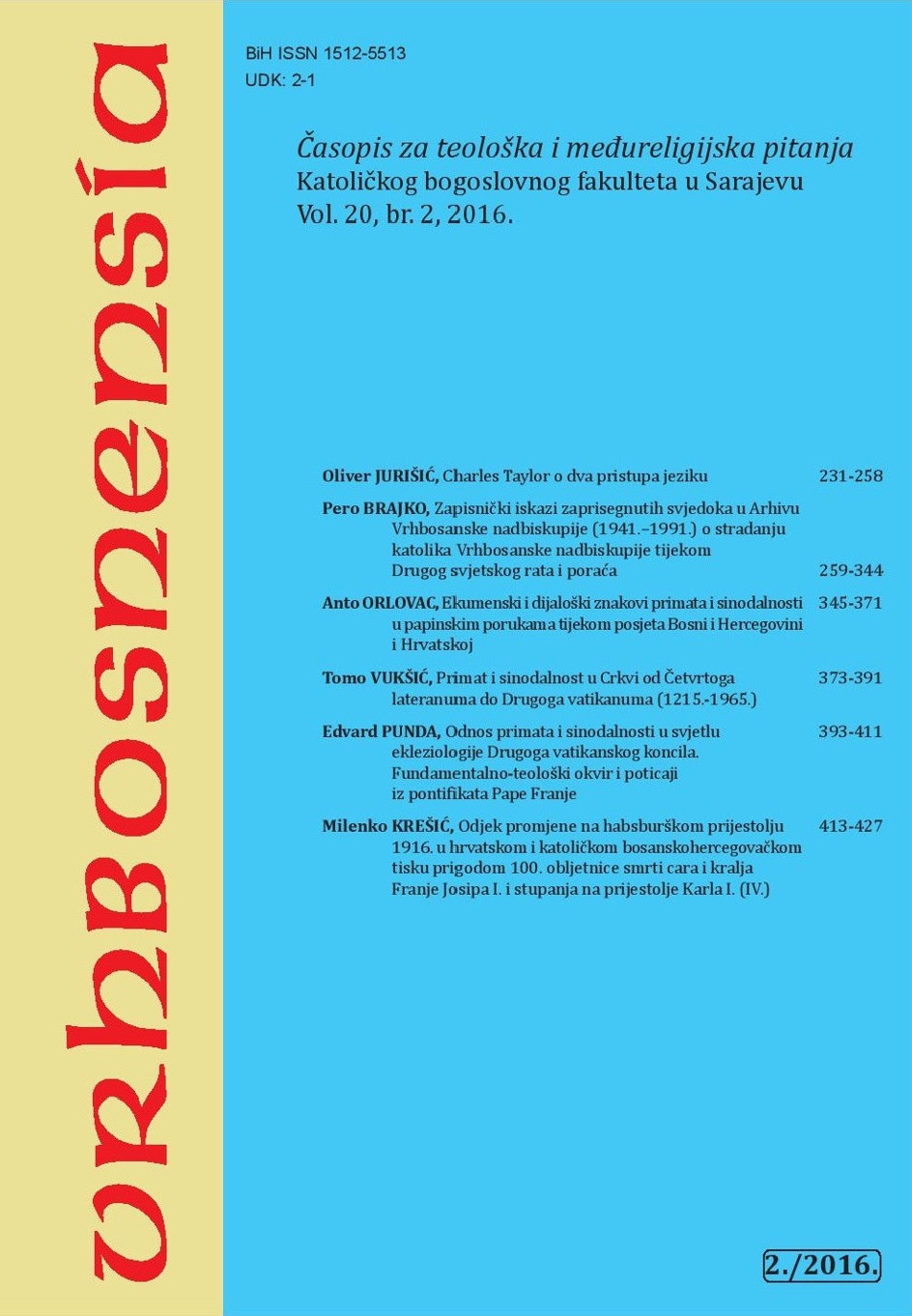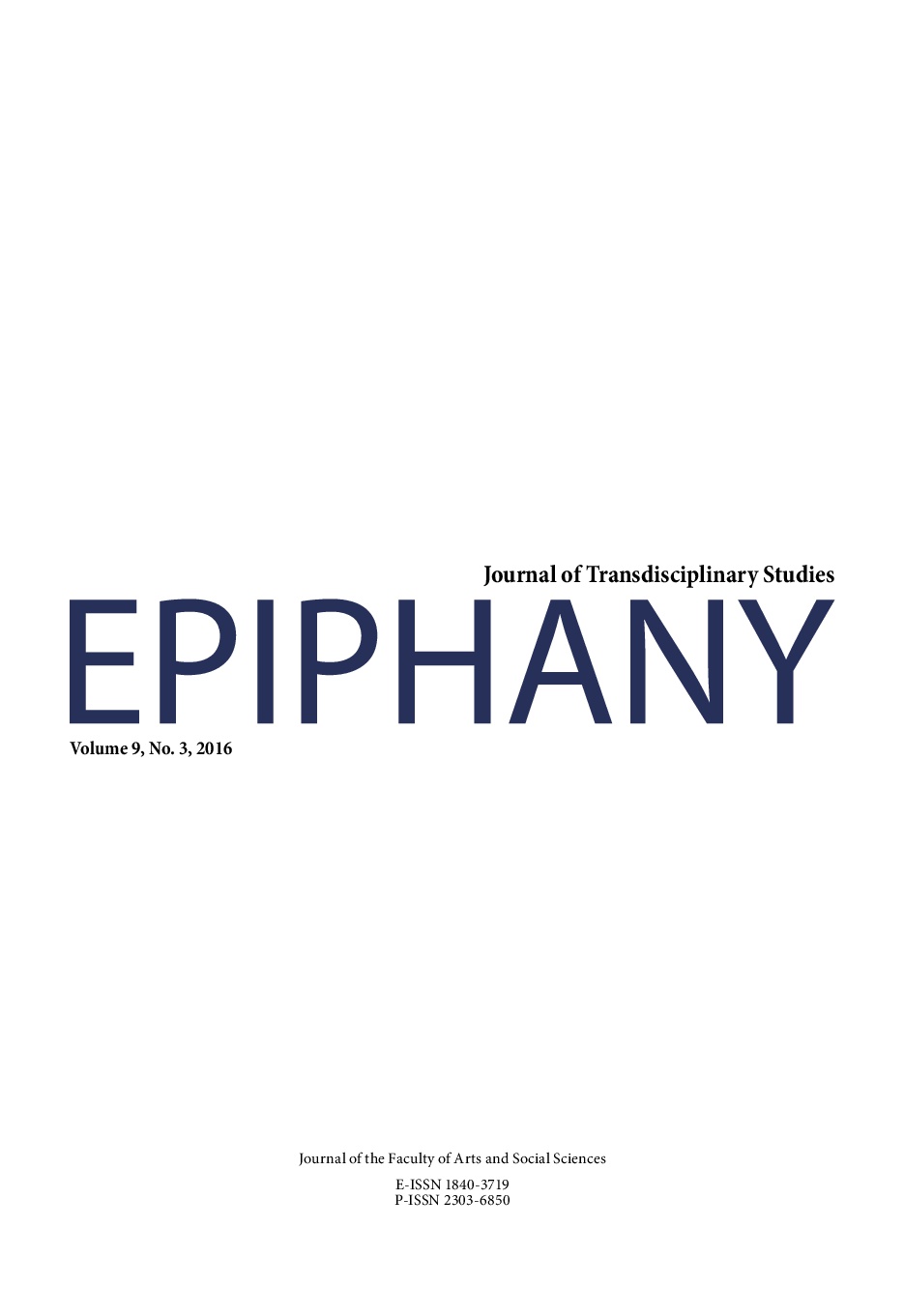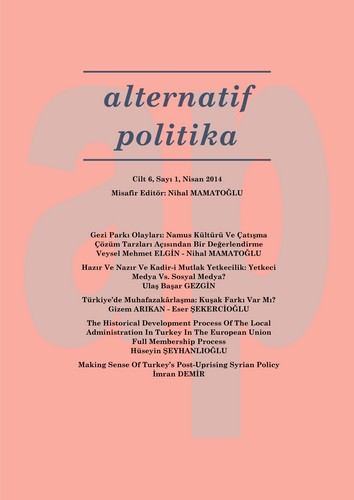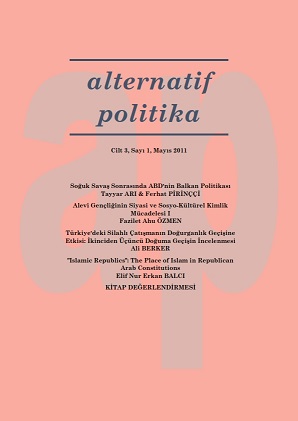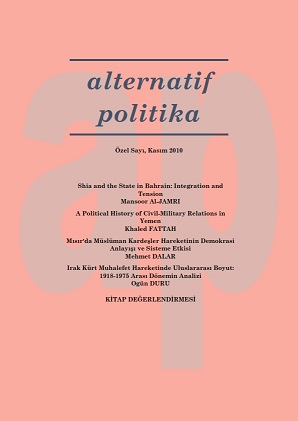Author(s): Borislav D. Grozdić / Language(s): Serbian
Issue: 1/2016
Author of the paper principally analyzes the question of understanding the source and origin of state power in the Nemanjic’s political philosophy of Serbia, and what follows from such a conception. It covers the period from the foundation of an independent Nemanjic’s state to its end. For the reconstruction of understanding of the origin and source of authority in Nemanjic’s Serbia the Serbian written heritage from Nemanjic dynasty period, primarily legal documents and then the original texts of literature (Serbian hagiography, liturgies, chronicles and genealogies, etc.) and others were used. It is known that Nemanjic’s Serbia inherited political philosophy of the Eastern Roman Empire, and so the idea of the divine origin of power in medieval Serbian political views, and beliefs, is accepted from the Eastern Roman Empire. Political phenomena are perceived within the Christian-Orthodox theological view of the world, so the Serbian medieval political philosophy, as well as the Eastern Roman Empire’s one, was based on the idea of God as absolute political factor. This is emphasized in every act of the state authorities and other medieval written sources. According to the Christian standpoint every authority comes from God, and so the state power has a divine origin. This view is found in the Bible, and the Old and New Testament. Every government is in foreknowledge of God, either with the will of God, which means in accordance with the law of God, or upon the permission of God. Conforming to both conceptions supreme source, the state government has a lofty goal and it is ultimately care about the salvation of souls subjects. From the divine source of authority does not follow the absolutist power of state rulers, on the contrary, Holy fathers without exception emphasize the limitation of state sovereignty. From Stefan Nemanja all the Nemanjic rulers were considered by the “grace of God”. The idea of the divine origin of authority arises a sort of understanding of the duties of rulers in the Middle Ages and the meaning of his reign, coming down to: the service God and care for servants. The Christian idea of the divine origin of power and ruler as God’s chosen individual subjects obliges Christians to comply, but only as long as it does not affect the faith, and in the event of collision, applies the principle of “Always must obey God rather than men” (Acts 5, 29). According to the Orthodox, Eastern Roman Empire’s understanding of political power, it was understood primarily and consistently as a service (serving), serving God and serving servants for the sake of God. From the founder of the sacrosanct the Nemanjic’s dynasty Stefan Nemanja in the areng of Hilandar’s founding Charter, the Serbian medieval political philosophy is based on the understanding of the place and the position of the Serbian rulers in relation to the Eastern Roman emperor and the neighboring rulers, such as the power received directly by the grace of God. There is almost universal agreement that the medieval Serbian state is a characteristic symphony of spiritual and secular powers, respectively, of the Church and the State. The idea of the divine origin of power, as well as other ideas, beliefs and values that safeguard Serbian medieval writings from the time of Nemanjic’s Serbia, based in the Orthodox Holy Father spiritual tradition, may be useful for contemporary Serbian political thought. Primarily because they indicate and resolve the spiritual dimension of political issues, which is impermissibly neglected in current culture of the Serbian people.
More...
